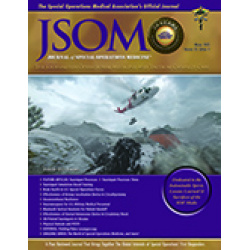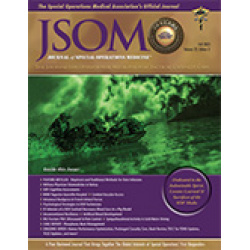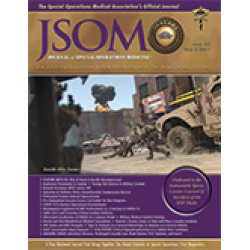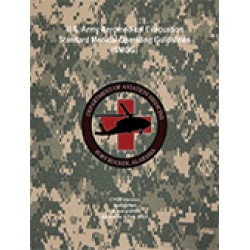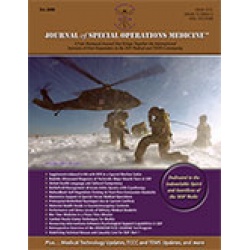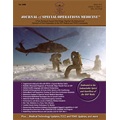Latest Products
Addressing Maternal Healthcare Needs in the Counterinsurgency Environment
Lang G, Lang C 12(4). 39 - 44 (Journal Article)
All pregnant women are at risk of obstetric complications, most of which occur during labor and delivery among women with no previously identified risk factors. More than 95 percent of these deaths occur in developing countries. In sub-Saharan Africa, a region of the world currently experiencing significant humanitarian crises, the lifetime risk of maternal death is one in 30 whereas the lifetime risk in developed countries is one in 2,800.1 The majority of maternal deaths from obstetric complications are due to hemorrhage, eclampsia, sepsis, or obstructed labor, each of which is treatable. Emergency obstetric care is critical to reducing maternal death and disability. SOF medical personnel supporting counterinsurgency (COIN) operations may find themselves in situations where no legitimate agencies are available to provide maternal healthcare. Similarly, SOF medical personnel should be prepared to assist in rebuilding infrastructure and basic services to include the provision for maternal health. This article provides an overview of maternal health in underdeveloped countries; the importance of addressing the unique healthcare needs of women during COIN operations; and how the employment of Female Treatment Teams (FTT) can assist in meeting these needs. A subsequent article will review the basics of prenatal care and life-saving emergency obstetric care, and discusses the essential information and skills that should be taught in a MEDSEM covering maternal healthcare.


 Español
Español 